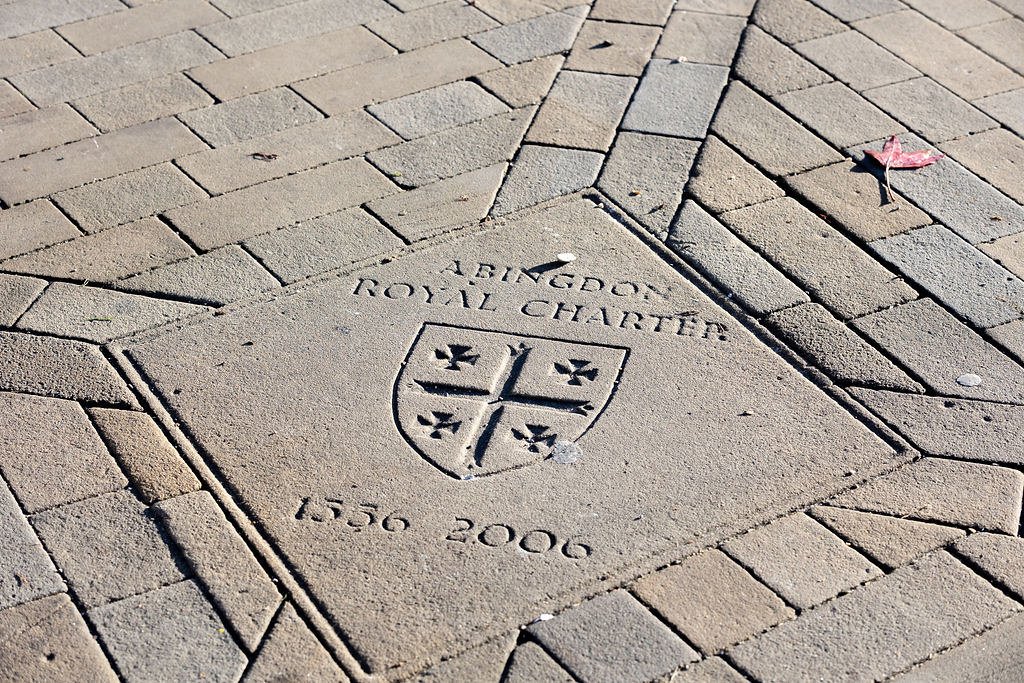
The history of the Abingdon Marathon
How the Abingdon Marathon became the top-class race it is today.
A local marathon
The Abingdon Marathon was conceived in the summer of 1981. Larry Blackwell (Race Co-Ordinator) initially jested that it could be “Abingdon’s answer to the London Marathon”. The three primary objectives were to provide a local marathon for runners irrespective of age, gender, or ability, to involve the whole community and to raise money for charitable organisations. Those race objectives remain as true today as they did then.
First race
After a year of planning and organisation, the first Abingdon Marathon took place on Sunday, 3rd May 1982. It was organised by the Radley Ladies Athletic Club and Abingdon Lions Club. The race was titled the Abingdon People’s Marathon for the first four years of its existence. That first race was started by the renowned Scottish athlete Ian Stewart (MBE), who had represented GB at European, Commonwealth, World and Olympic levels, collecting medals along the way. In 1984 the, TV presenter, Dickie Davies, would be on hand to support the race, and another British athlete of international distinction, David Bedford (OBE), would also start the race in 1990.
With just under 1800 entrants, the race accommodated a larger field than it can today. The marathon started and finished below Abingdon Bridge on Rye Farm Meadow beside the River Thames, just a short distance from the town centre.
The inaugural winner of the Abingdon Marathon was Dave Parsons of Carterton, recording a time of 2 hours 22 minutes and 4 seconds to finish just under a minute clear of his closest rival with the first lady, Miss V. Lees of Oxford, crossing the line in a time of 3 hours 22 minutes and 33 seconds.
Evolution of the race
As you can see from the examples displayed, the race's publicity has evolved over the years, not least due to the advent of the Internet. Indeed, the Internet provides far greater exposure for the race than it had in the early days. However, it is to the great credit of the original organisers of the race that they were able to attract such sizeable fields.
Over the years, the race has attracted significant sponsors, with Morland Brewery (10 years) and AkzoNobel (9 years) standing out in terms of the longevity of their support for the race. The number of entries declined after the initial flush of success in the first few years of the race. This was almost certainly due to the number of other events also scheduled for the springtime. As a result, the decision was taken to reschedule the race to October. The change to an autumn date has allowed the race to regain its popularity.
The future
In October 2025, the marathon will reach its 41st anniversary; the event did not happen in 2012 due to organisational issues, nor in 2020 and 2021 due to the COVID-19 pandemic. 2024 saw the six-hour time limit re-introduced and the race becoming an official Abbott Marathon Tours and Travel World Marathon Major Age Qualification Race, one of only eight in the UK. The 2025 race is a qualifying race for the 2026 Championship Race - Venue to be announced.
The Abingdon Marathon remains an entirely not-for-profit event. It is still organised by a volunteer committee committed to providing the best marathon running experience it can and constantly looking at ways to improve the event. Throughout its history, the Abingdon Marathon has retained its reputation as one of the UK's best marshalled and organised marathons.
